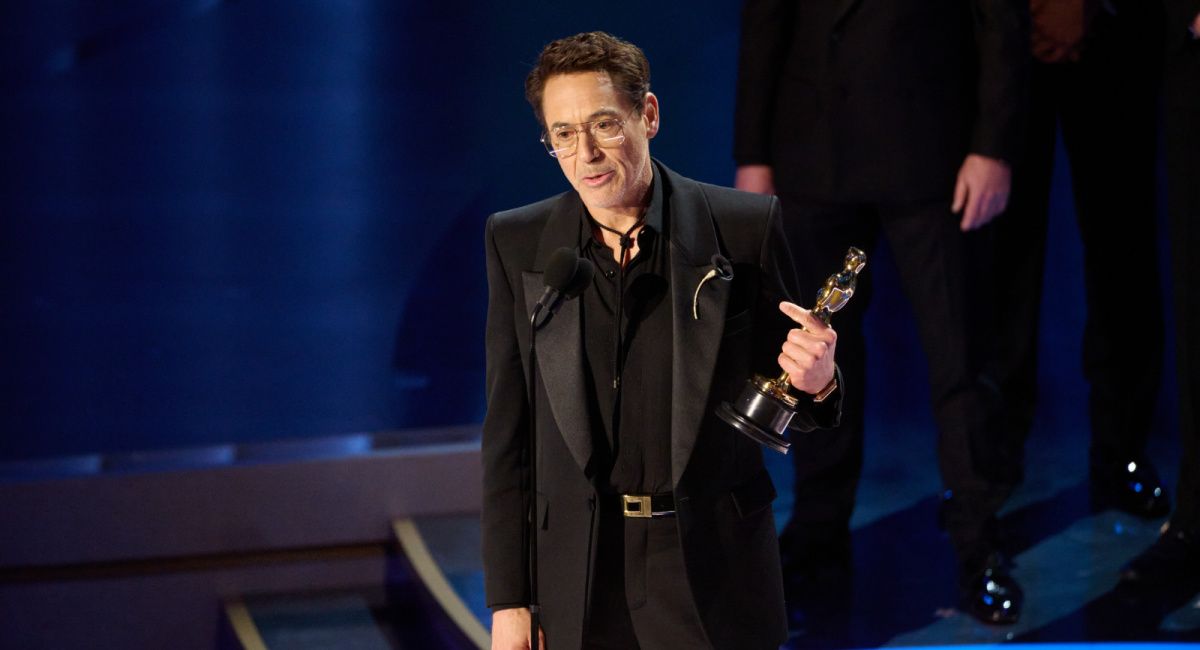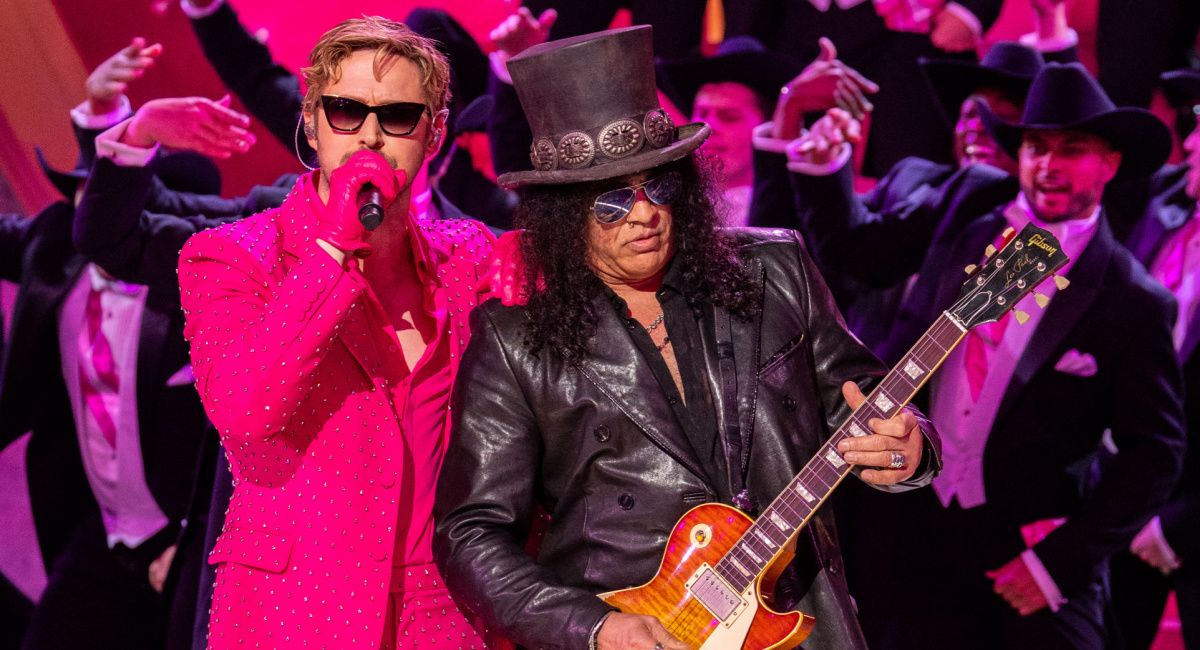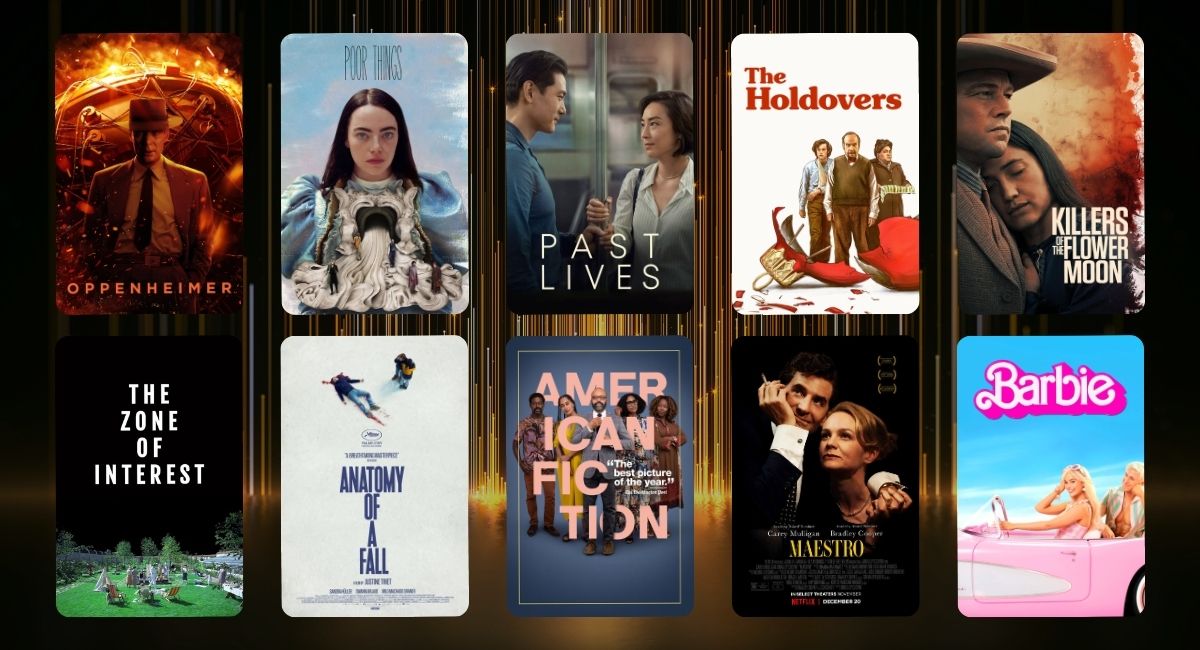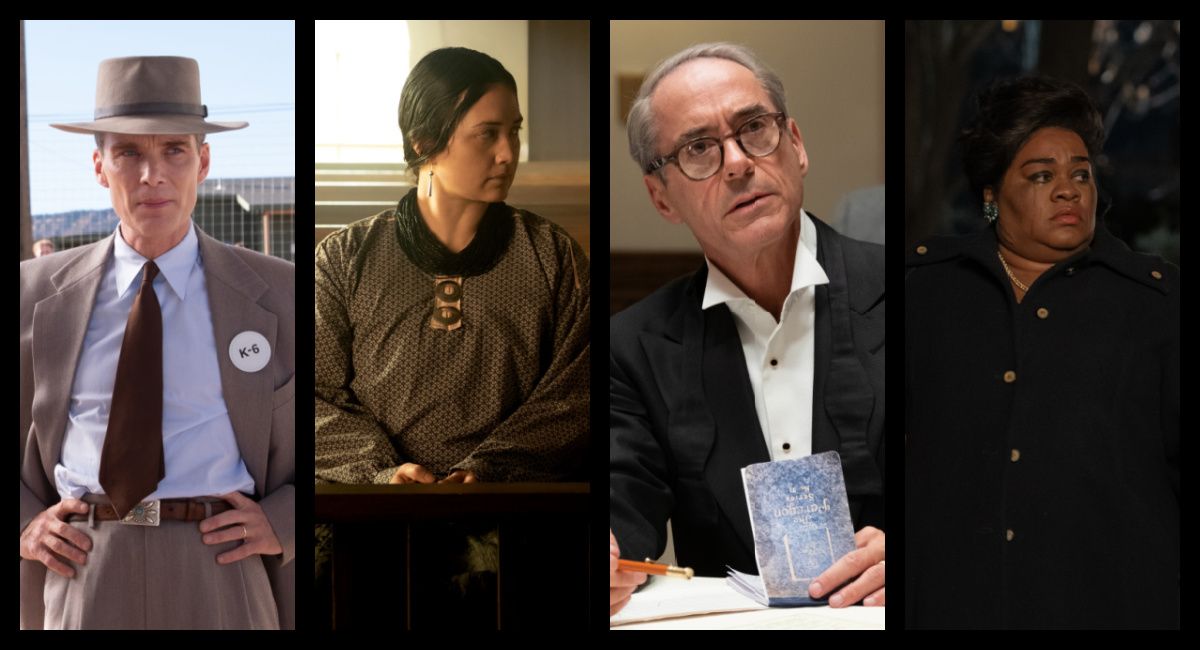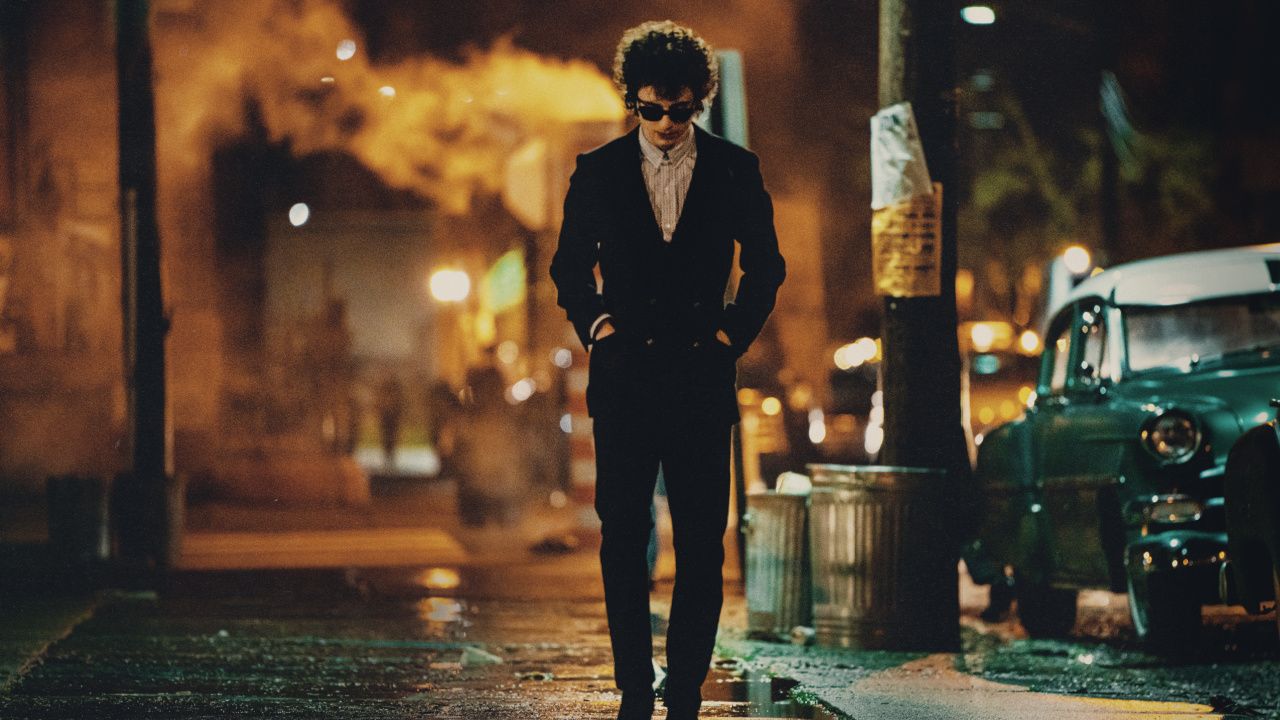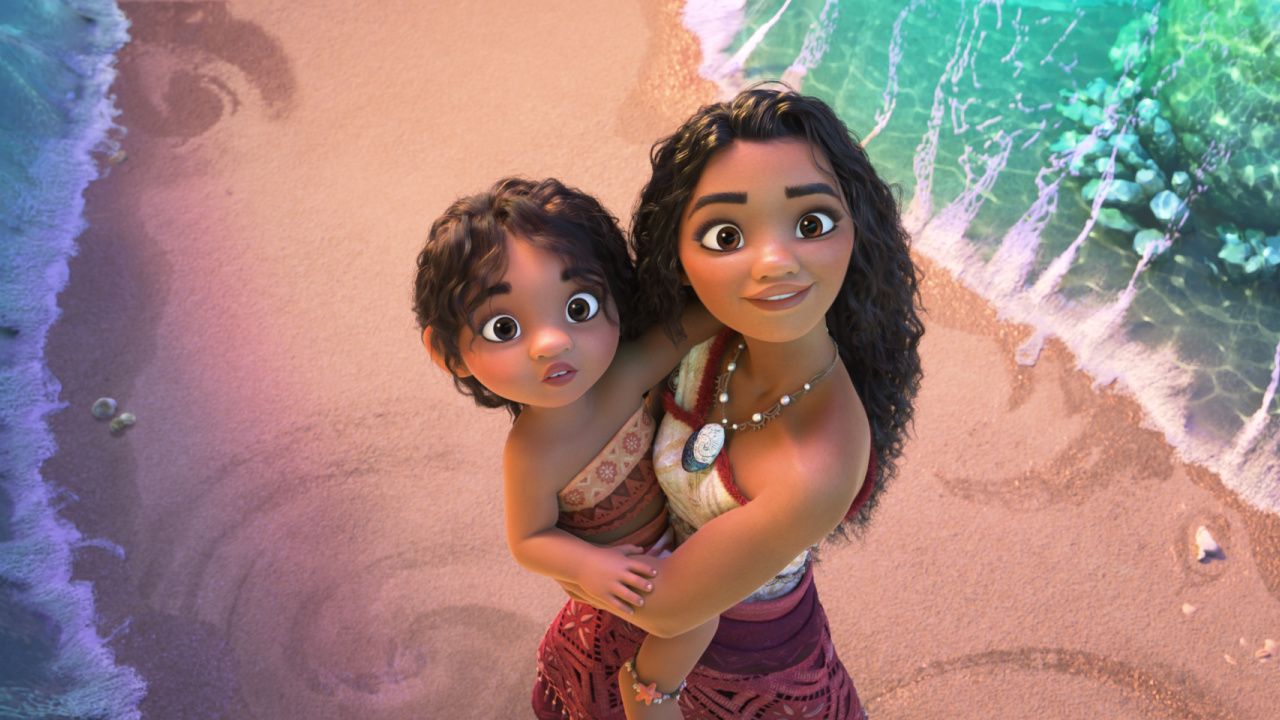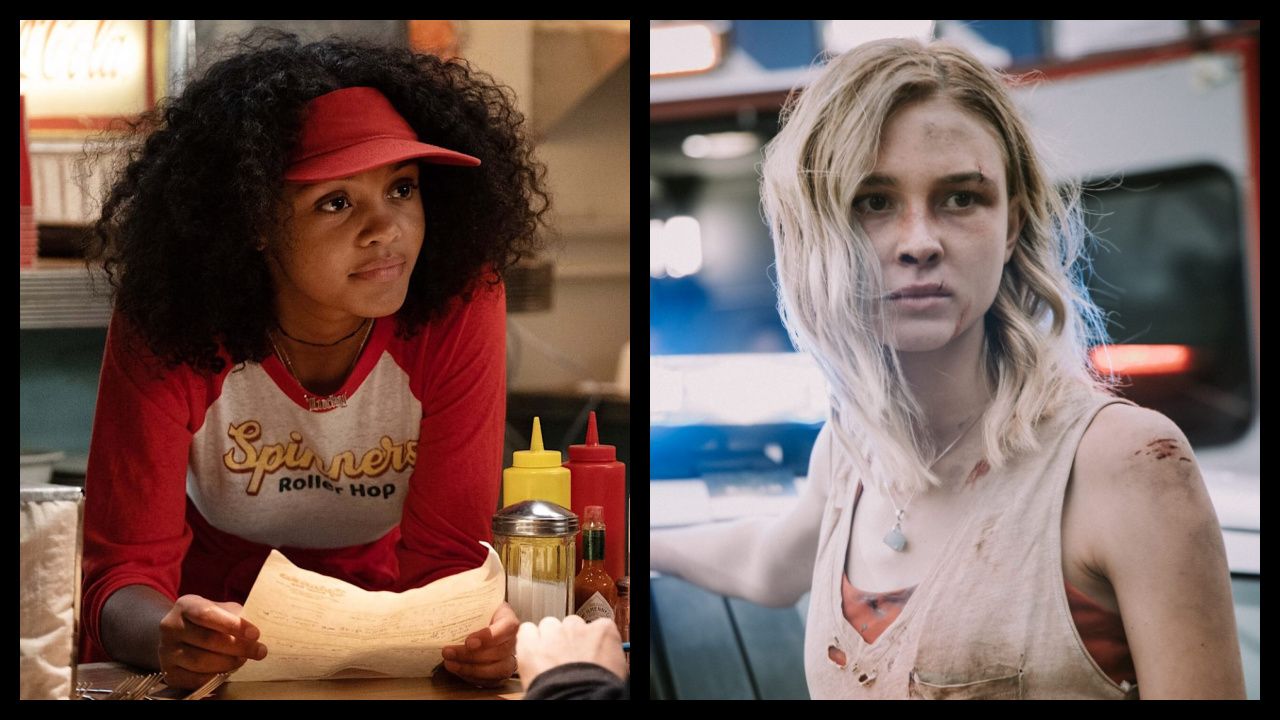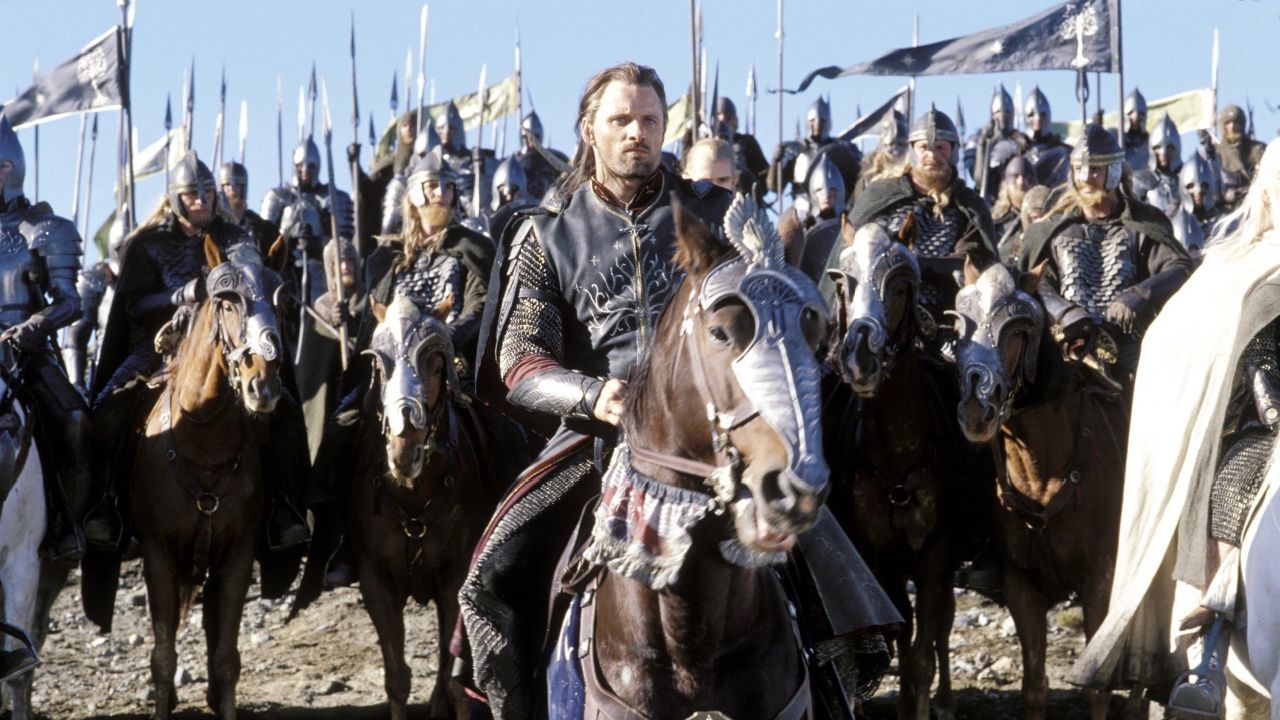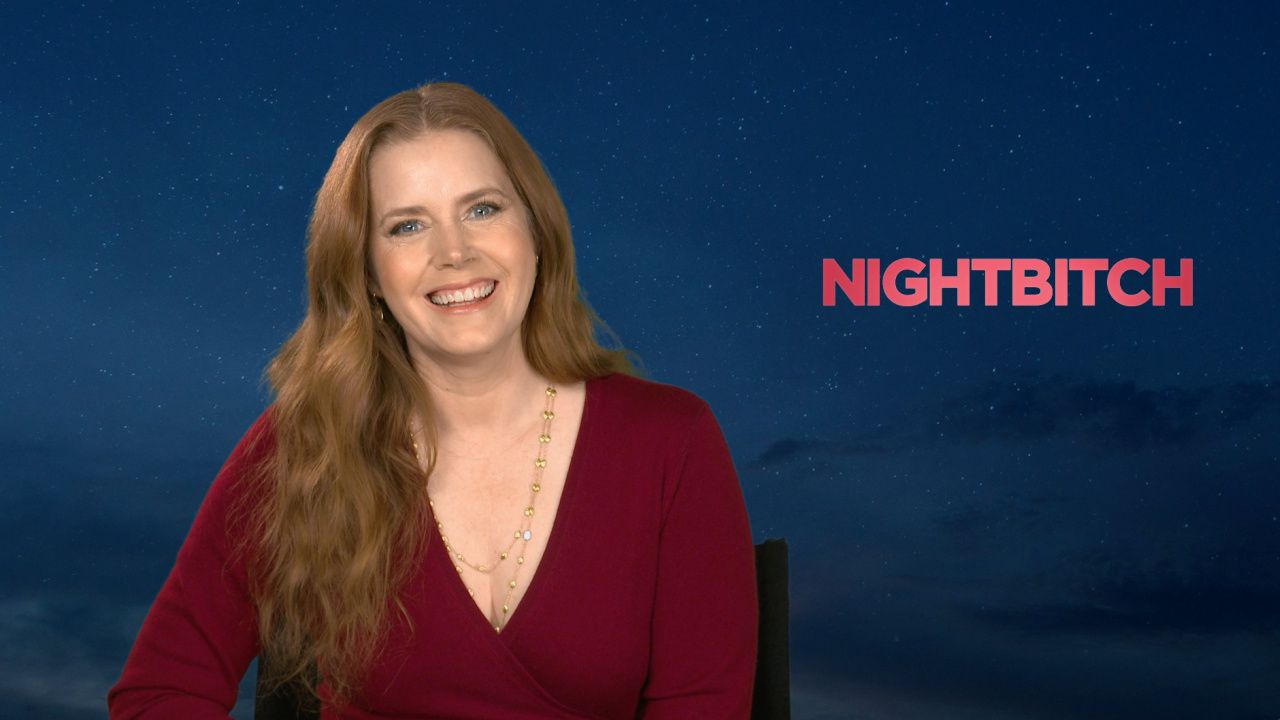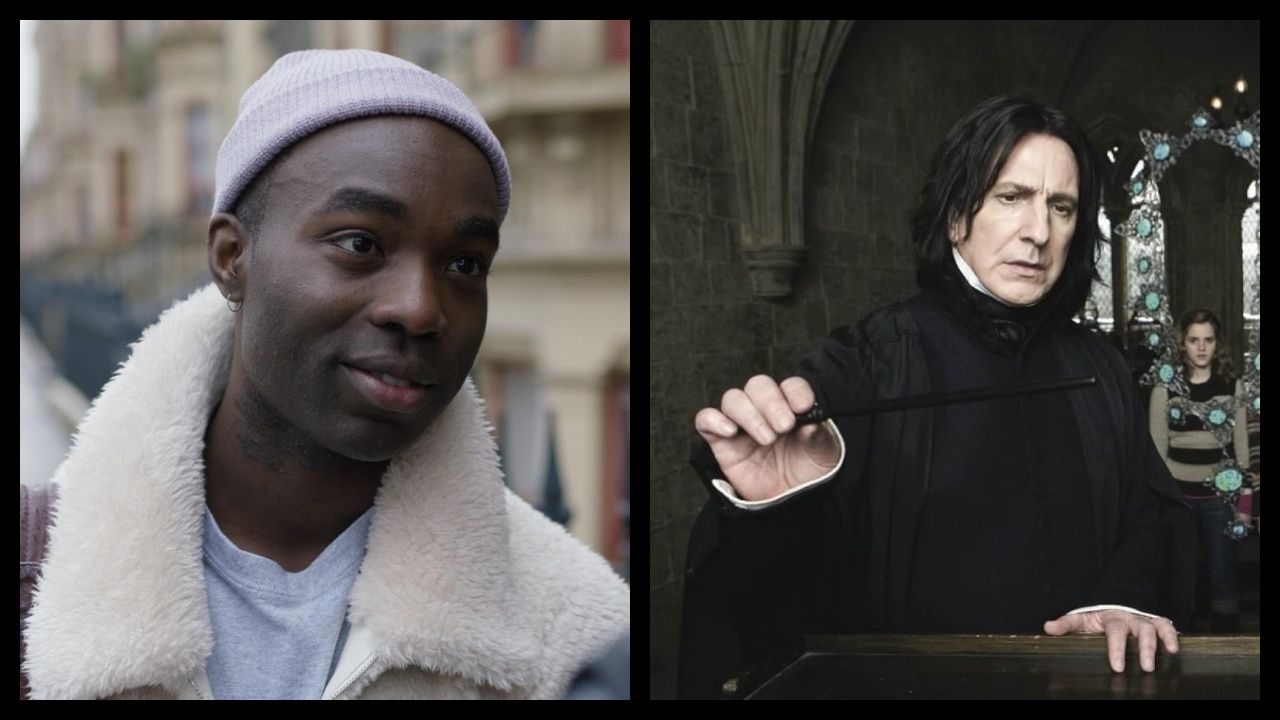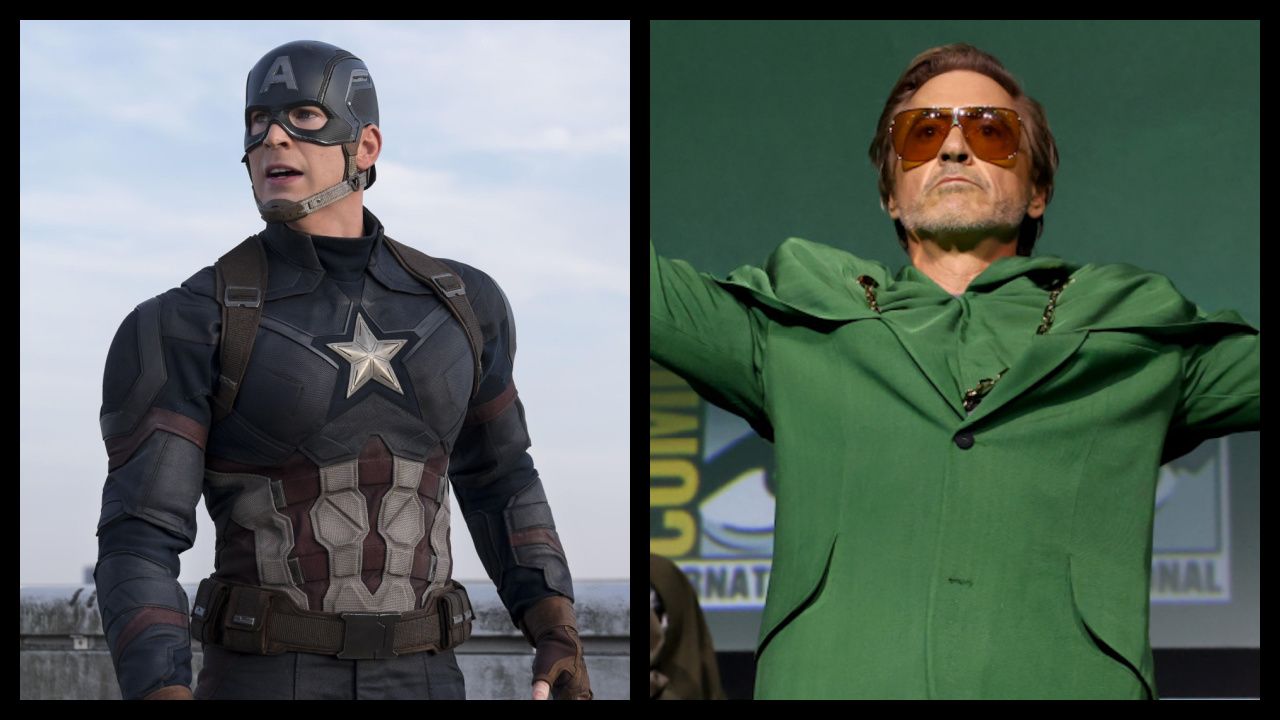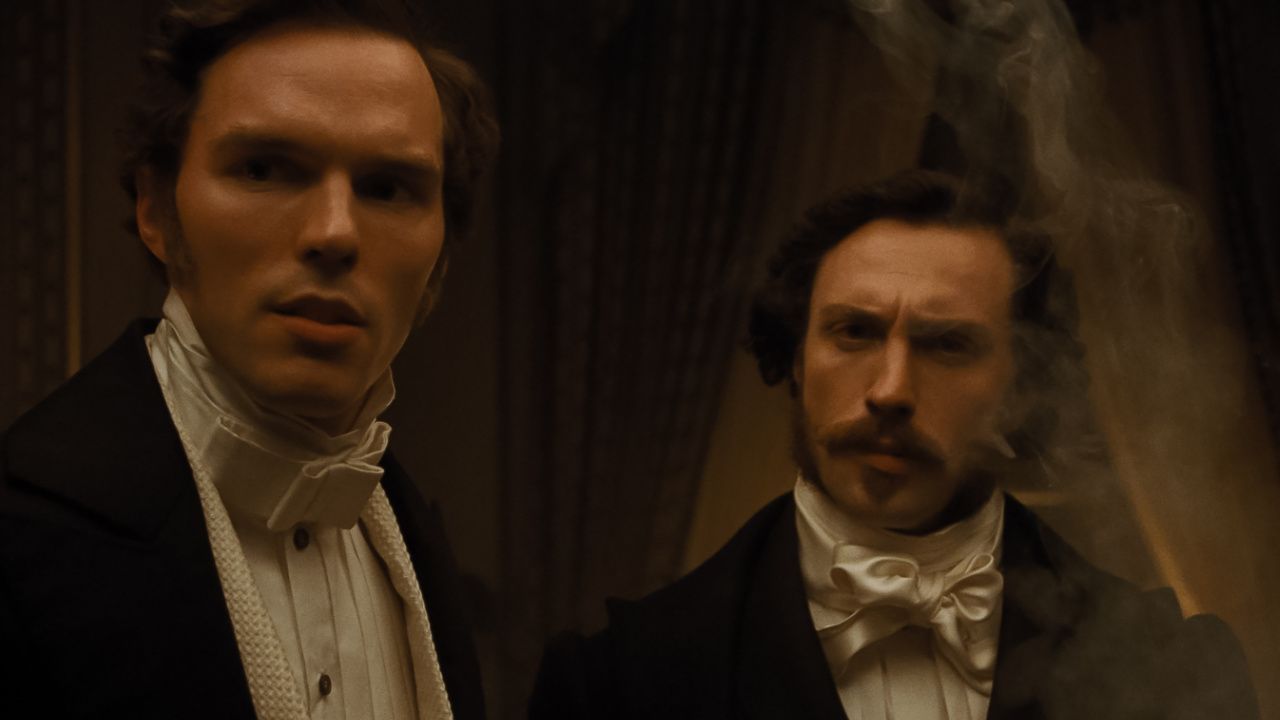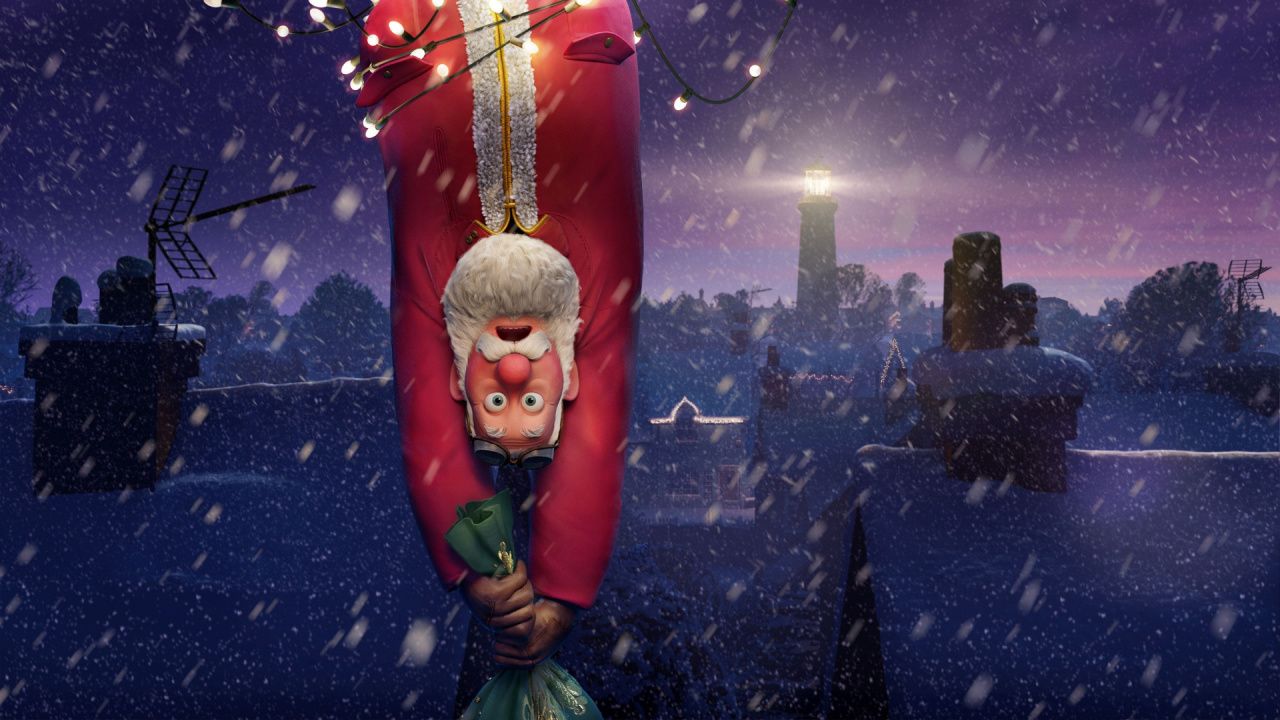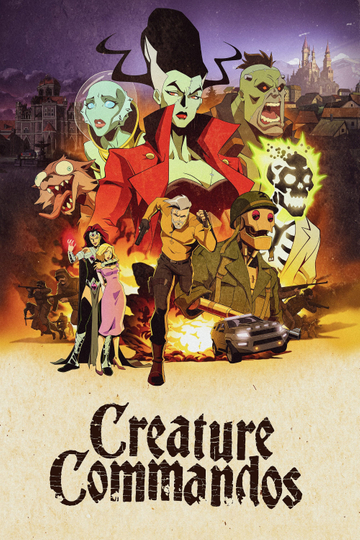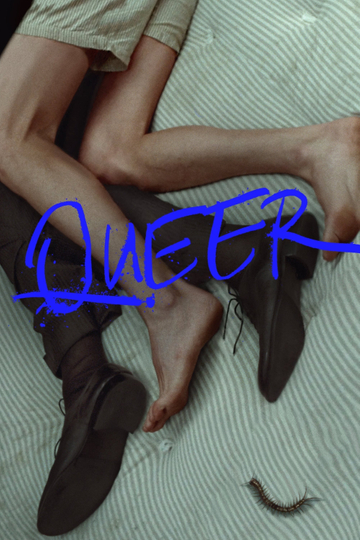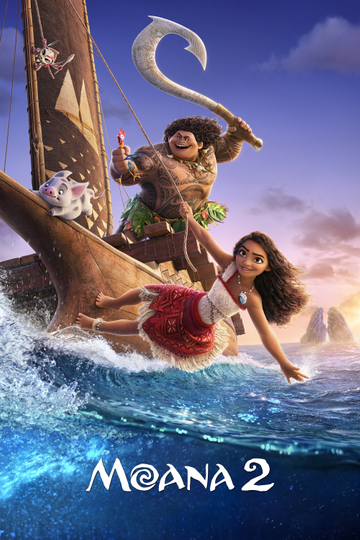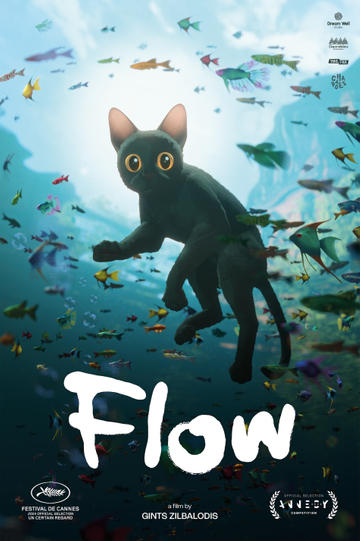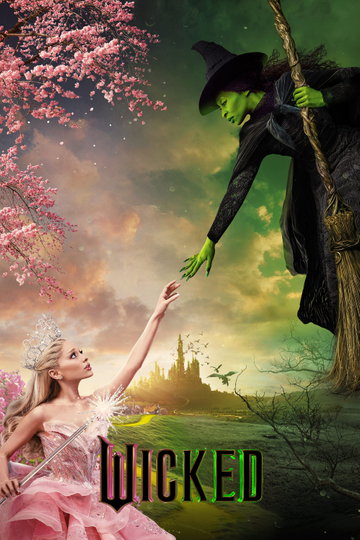4 Oscars 2017 Myths That You Need to Stop Believing
It just got real.
Final ballots went out to Oscar voters on Feb. 13. After all the guild awards and prizes from groups that are Not the Academy, this is the vote that finally matters. With the ballots due on Feb. 21, five days before the envelopes open at the ceremony, it's time to sort through all the noise -- four Oscars 2017 myths, debunked.
Myth 1: There's a growing movement in Hollywood to cancel the Oscars this year, as a way of protesting the new presidency.
Reality: This movement exists only in conservative memes, spread by wishful thinkers who'd like to see Hollyweird's biggest annual spectacle of self-congratulation vanish. The meme is shared by folks who claim not to care about movies or about the political statements that out-of-touch actors will make at the podium, even though the very act of sharing indicates that they care much more than they'll admit.
Actually, in 89 years, the Oscars have never been canceled, though they've been postponed briefly after such events as the assassination attempt on President Reagan in 1981. But scrapped altogether? There's too much money at stake and too many viewers watching worldwide, so, not a chance.
Myth 2: The British Academy Awards (BAFTAs), handed out over the weekend, are an important predictor of the Oscars.
Reality: There are a lot of Anglophiles in Hollywood, but it's not clear that any of them will be influenced by the selections of BAFTA voters.
No one even cared about the BAFTAs until 16 years ago, when they moved up their calendar to take place before the Oscars. The five-award sweep for "La La Land," or the Viola Davis victory for Supporting Actress for "Fences," don't mean much, since everyone already expected similar results at our own Academy Awards.
Casey Affleck's win for Best Actor for "Manchester by the Sea" means even less, since his chief Oscar rival, "Fences" star Denzel Washington, wasn't even nominated. (He never has been, which says something about the BAFTAs' blind spots.) Neither was Isabelle Huppert ("Elle"), currently the only Best Actress Oscar nominee with a shot at stopping "La La Land"'s Emma Stone.
About the only time the BAFTAs may have influenced the Oscars was back in 2002, when Russell Crowe won the Best Actor prize for "A Beautiful Mind" but then punched out a BAFTA ceremony producer whom he blamed for cutting short his acceptance speech. Oscar voters made sure that boorishness wasn't repeated stateside by giving the trophy to Washington for "Training Day."
Myth 3: The relatively low box office of this year's Best Picture nominees suggests that Academy voters are out of touch with popular taste.
Reality: It's true that huge blockbusters like "The Lord of the Rings: The Return of the King" or "Titanic" are more the exception than the rule among Oscar winners. And while the Academy would surely like for some populist smashes to be among the nominees in order to increase rooting interest and TV viewership of the ceremony -- indeed, that's why it expanded the Best Picture category to include up to 10 nominees in recent years -- the Academy also knows that the Oscars are not the People's Choice Awards. They know that, for the trophy to be so highly coveted, it has to measure excellence by more than just ticket sales alone.
Even so, the notion that the Academy goes out of its way to pick obscure movies that regular people don't buy tickets to see is especially untrue this year. The biggest hit among the Best Picture noms, "Hidden Figures," has earned $132 million, while "La La Land" is close behind with $126 million. "Arrival" will probably cross the $100 million line before the Feb. 26 awards show.
All nine of the nominees -- even "Moonlight," which is the lowest earner, with $20 million -- are in the 85th percentile of domestic box office receipts among all of 2016's theatrical releases. All nine are profitable, and the fact that none of them has done Marvel-sized numbers should disappoint no one or suggest to anyone that these films lack popular appeal.
Myth 4: This year's nominees are sops to political correctness, an overreaction to last year's #OscarsSoWhite controversy.
Reality: Things don't work that fast in the film industry, where it can take two years or more for a feature to go from greenlit idea to theatrical release.
As many observers noted last year, the Academy Awards come at the end of the process; it takes decision-making at the beginning of the process, in Hollywood's executive suites, to put more inclusive films into the pipeline in the first place. That there are a wealth of black acting nominees and movies about the lives of African-Americans this year seems fortuitous, but there's no guarantee that it will happen again next year, or ever.
There are also just two or three movies among the nine ("Hidden Figures," "Arrival," and arguably "La La Land") that have female protagonists. And as far as inclusivity goes, Hispanic and Asian and other viewers are still waiting to see movies about people who look like them. They may see this year's progress, including the Best Picture nomination for "Lion," as an incremental step, not a giant leap.
And while this year's Oscar winners are almost certain to mention Trump from the podium, the movies themselves don't necessarily have much to do with contemporary politics. Sure, there are themes in "Hidden Figures," "Fences," "Moonlight," "Lion," and even sci-fi drama "Arrival" that may echo current issues, but the only nominee that addresses current events directly (specifically, the foreclosure crisis) is "Hell or High Water," and it does so in the context of a cops-and-robbers thriller.
For all the backlash that's arisen in recent weeks against "La La Land," it's still the front-runner for most categories, and the only politics on its mind are cultural politics (the future of jazz, the cookie-cutter sameness of mass-appeal studio filmmaking).
The likeliest scenario sees "La La Land" winning Picture, Actress, Director, and Original Screenplay, while "Moonlight" wins Adapted Screenplay and Supporting Actor (for Mahershala Ali) and "Fences" wins Actor and Supporting Actress. In other words, a split between the escapist (and predominantly white) musical and the poetic African-American dramas.
You could try to make ideological sense of that, or you could acknowledge that this year's Oscars might actually be as much about merit as about political correctness.
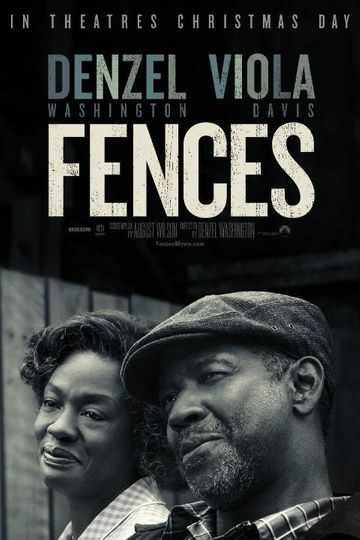
Fences













